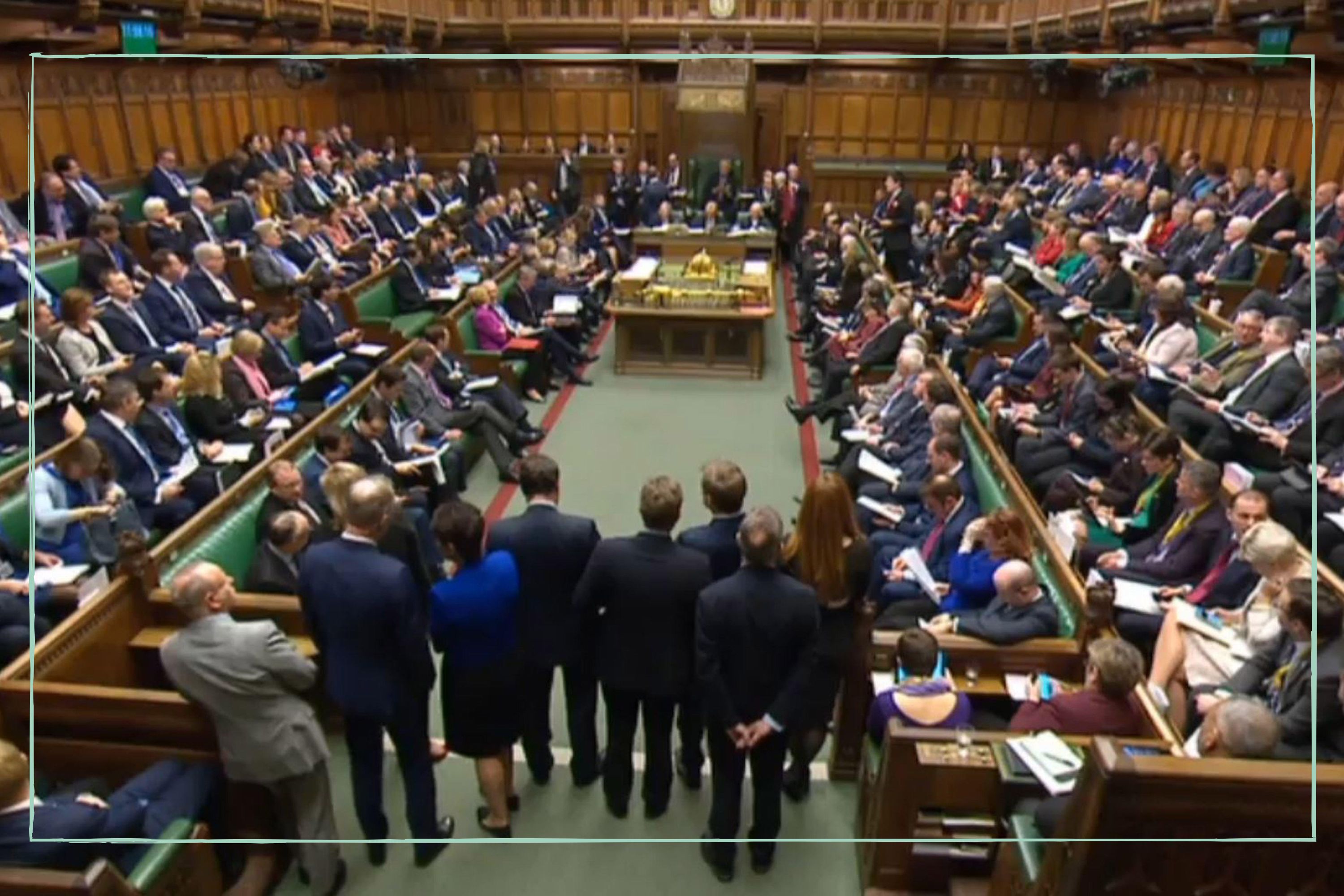What does losing the whip mean?
Tory MPs have been told they will lose the whip if they vote against the Budget


It's one of the harshest punishments that a party can inflict on its own MPs, but what does losing the whip mean?
The mini budget that has set out the tax and spending plans of Liz Truss' new government has caused uproar among many, with with the Institute for Fiscal Studies (IFS) calling it "unsustainable" and the Bank of England launching an emergency intervention.
In addition to this, the new PM has seen dissatisfaction with the plan that was announced by Kwasi Kwarteng from her own MPs. While former Prime Minister Boris Johnson's controversial decisions ultimately ended up in a swathe of MPs resigning, Liz Truss has avoided such a fate thus far. And it looks like she has no plans to back down, as party chairman Jake Berry has now said that Tory MPs who vote against the budget will lose the whip.
What does losing the whip mean?
When an MP loses the whip, it means they are expelled from their party but remain as an MP. They will therefore sit as an independent member until their party restores the whip.
Losing the whip is also referred to as having the whip removed/withdrawn, and it happens either because of misconduct or if an MP does not vote in line with their party on an issue that is deemed to be important. It is one of the most serious forms of punishment for an MP.
Right now, losing the whip might be attractive. https://t.co/0b6u5OfPz7October 2, 2022
MPs who have had the whip withdrawn
In 2019, the Conservative Party withdrew the whip from 21 of its MPs who rebelled against then-Prime Minister Boris Johnson in an attempt to block a no-deal Brexit. Those MPs were:
- Guto Bebb
- Richard Benyon
- Steve Brine
- Alistair Burt
- Greg Clark
- Kenneth Clarke
- David Guake
- Justine Greening
- Dominic Grieve
- Sam Gyimah
- Philip Hammond
- Stephen Hammond
- Richard Harrington
- Margot Hames
- Sir Oliver Letwin
- Anne Milton
- Caroline Nokes
- Antoinette Sandbach
- Sir Nicholas Soames
- Rory Stewart
- Ed Vaizey
More recently, in July 2022, Senior Conservative MP Tobias Ellwood had the whip removed after he failed to take part in a confidence vote in the Government.
Parenting advice, hot topics, best buys and family finance tips delivered straight to your inbox.
Apologies for missing key vote.Air travel chaos, after meet with the Moldova President, prevented return. Saddened to lose the whip.I carry on - good to be in ODESA and meet the impressive Mil Governor Marchenko to seek ways of re-opening the port & get that vital grain out. pic.twitter.com/gOKJnazKQSJuly 19, 2022
What is a Chief Whip?
The Chief Whip - also known as Parliamentary Secretary to the Treasury - is responsible for carrying out the whipping system. This means that they make sure that MPs of their party attend and vote in Parliament, and that they vote following the party’s agenda.
Whips may give instructions on votes, and underline each vote depending on how serious the issue is. An instruction underlined once is a one-line whip, twice a two-line whip, and three times a three-line whip. Three-line whips are most important, and MPs who defy a three-line whip may have the whip removed.
However, some votes aren’t whipped at all: these are known as free votes, and MPs can vote as they please without any instruction from the party whips.
Whips are MPs or Lords who have been appointed by their party to the role, and Chief Whip is a role held by a whip for the party that is in Government.
Who is the Tory Party Chief Whip?
The current Chief Whip for the Conservative Party is Wendy Morton, and she was appointed on 6 September 2022.
Morton has been the Conservative MP for Aldridge-Brownhills since 2015, and prior to her appointment as Chief Whip she served as Minister of State in the Department for Transport.
Before Morton was appointed, the role was held by Chris Heaton-Harris, who is the MP for Daventry and has since been appointed as Secretary of State for Northern Ireland.
Sir Alan Campbell is the current Shadow Chief Whip for the Labour Party.
Video of the Week

Ellie is GoodtoKnow’s Family News Editor and covers all the latest trends in the parenting world - from relationship advice and baby names to wellbeing and self-care ideas for busy mums. Ellie is also an NCTJ-qualified journalist and has a distinction in MA Magazine Journalism from Nottingham Trent University and a first-class degree in Journalism from Cardiff University. Previously, Ellie has worked with BBC Good Food, The Big Issue, and the Nottingham Post, as well as freelancing as an arts and entertainment writer alongside her studies. When she’s not got her nose in a book, you’ll probably find Ellie jogging around her local park, indulging in an insta-worthy restaurant, or watching Netflix’s newest true crime documentary.